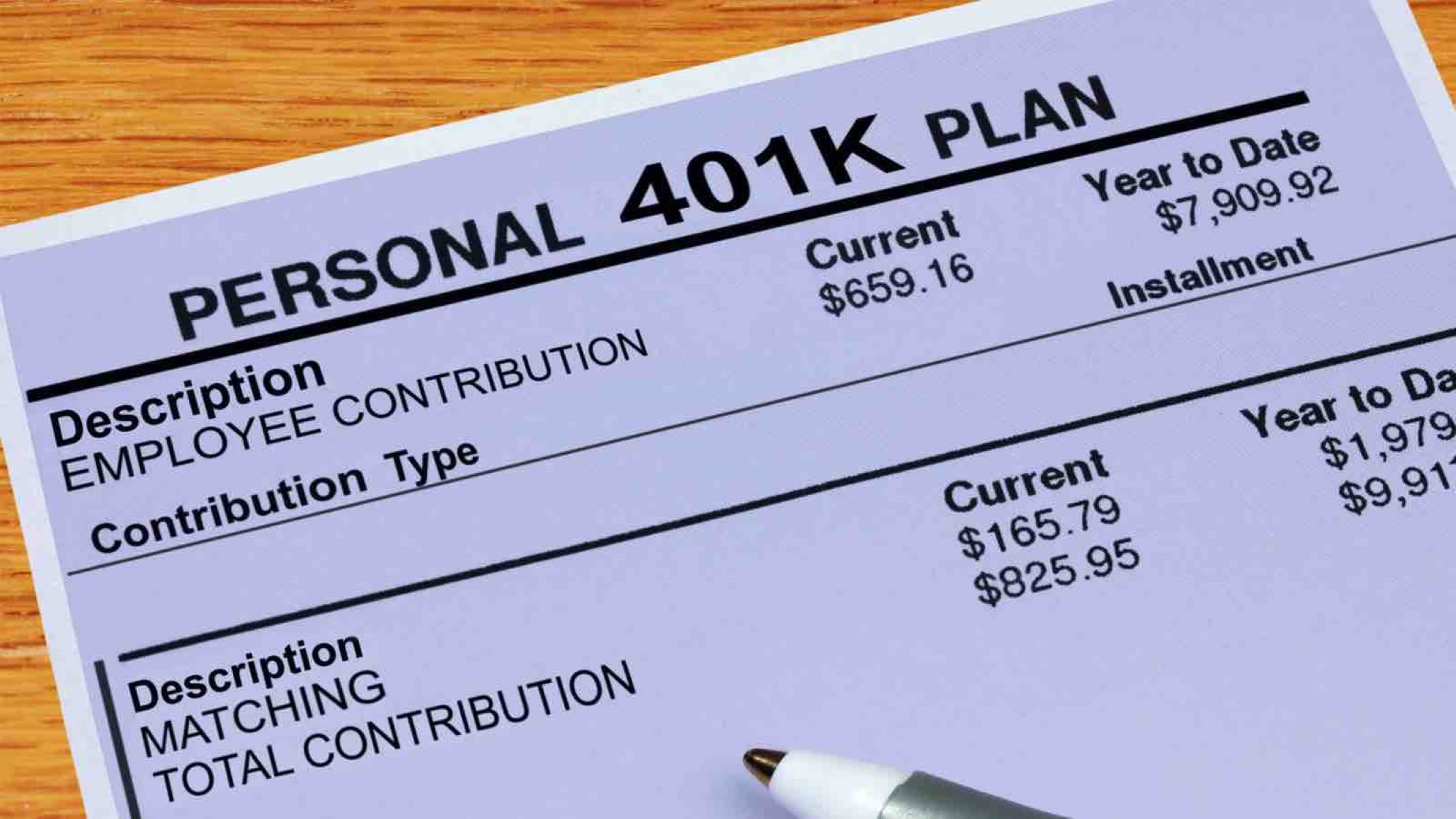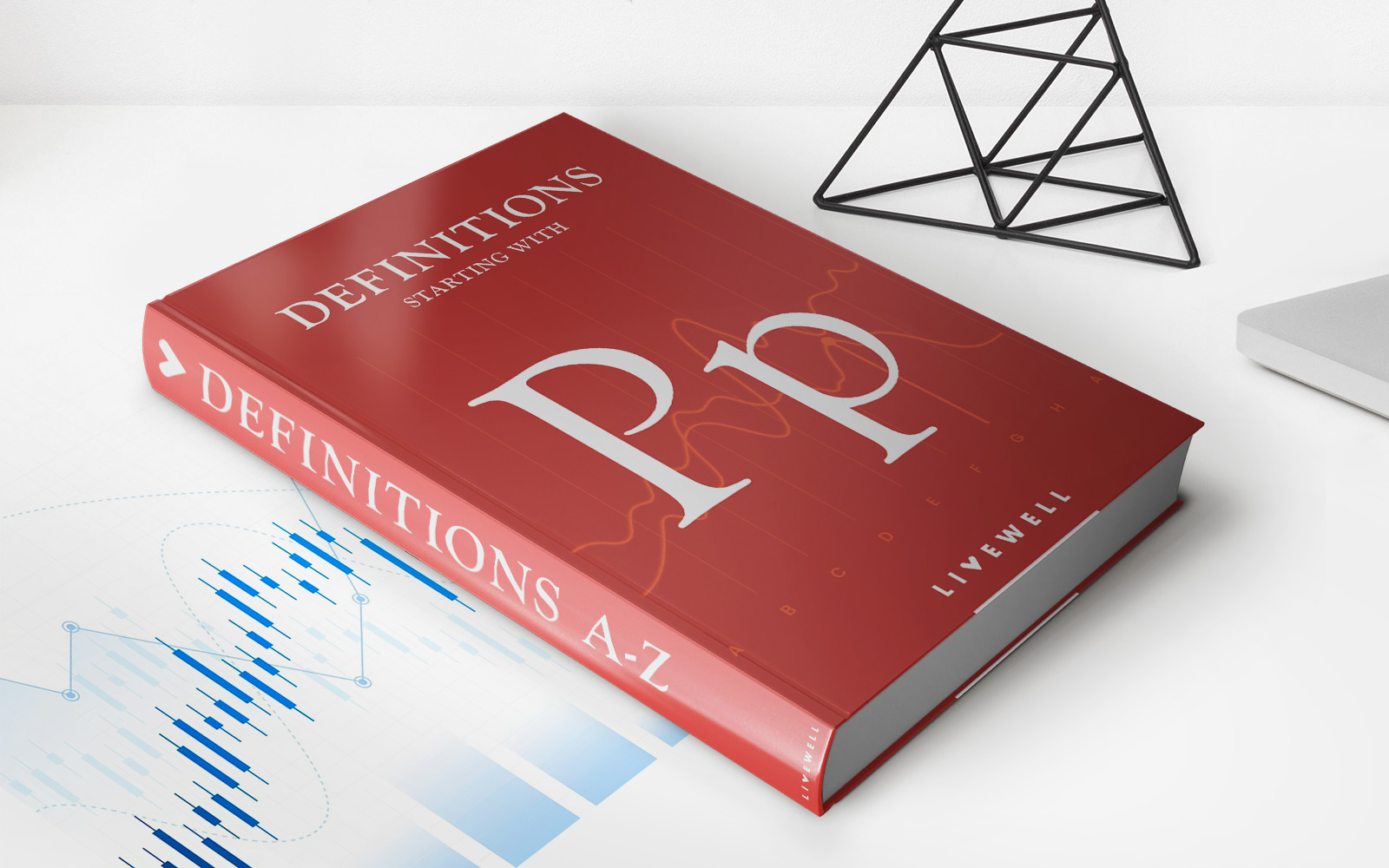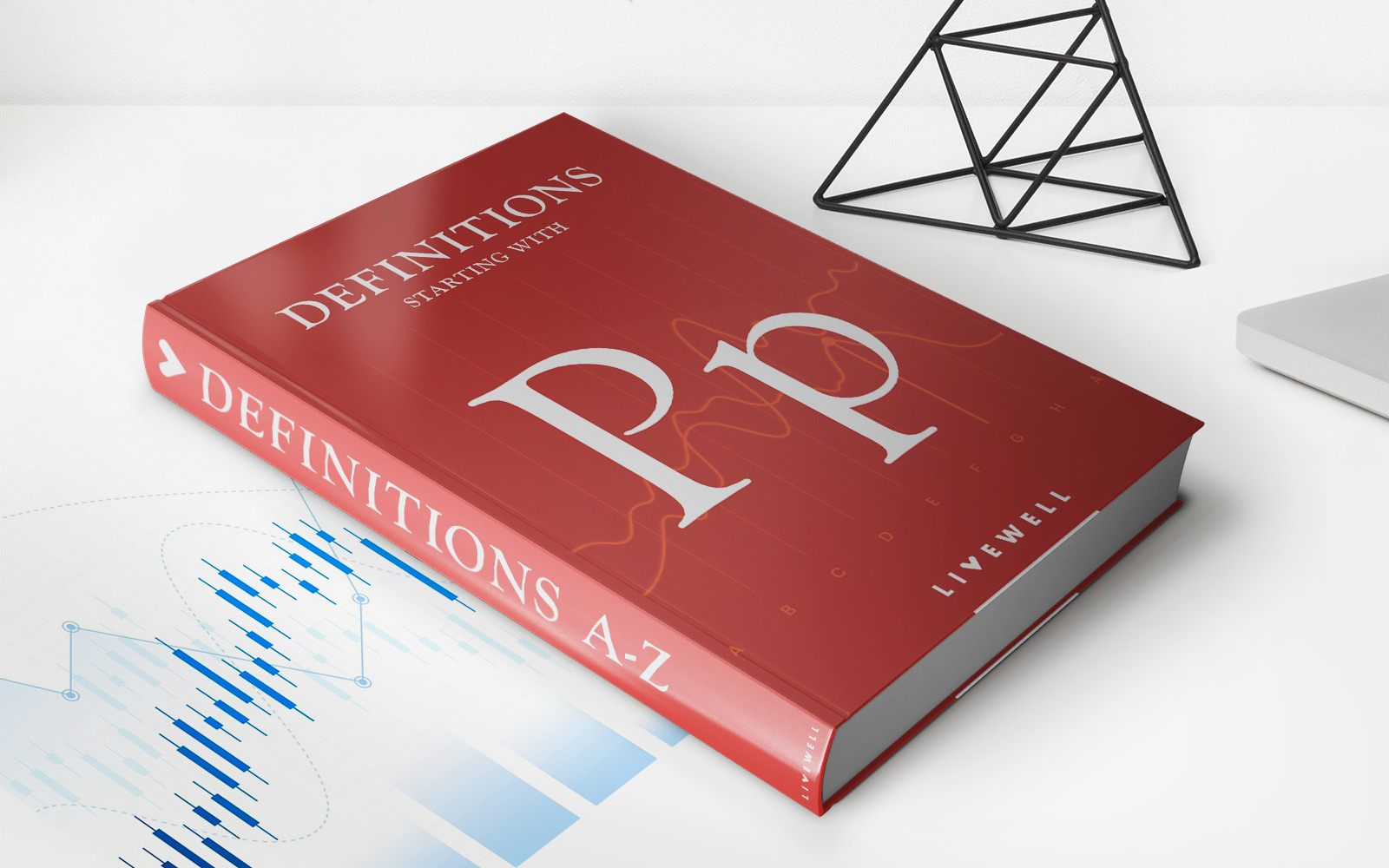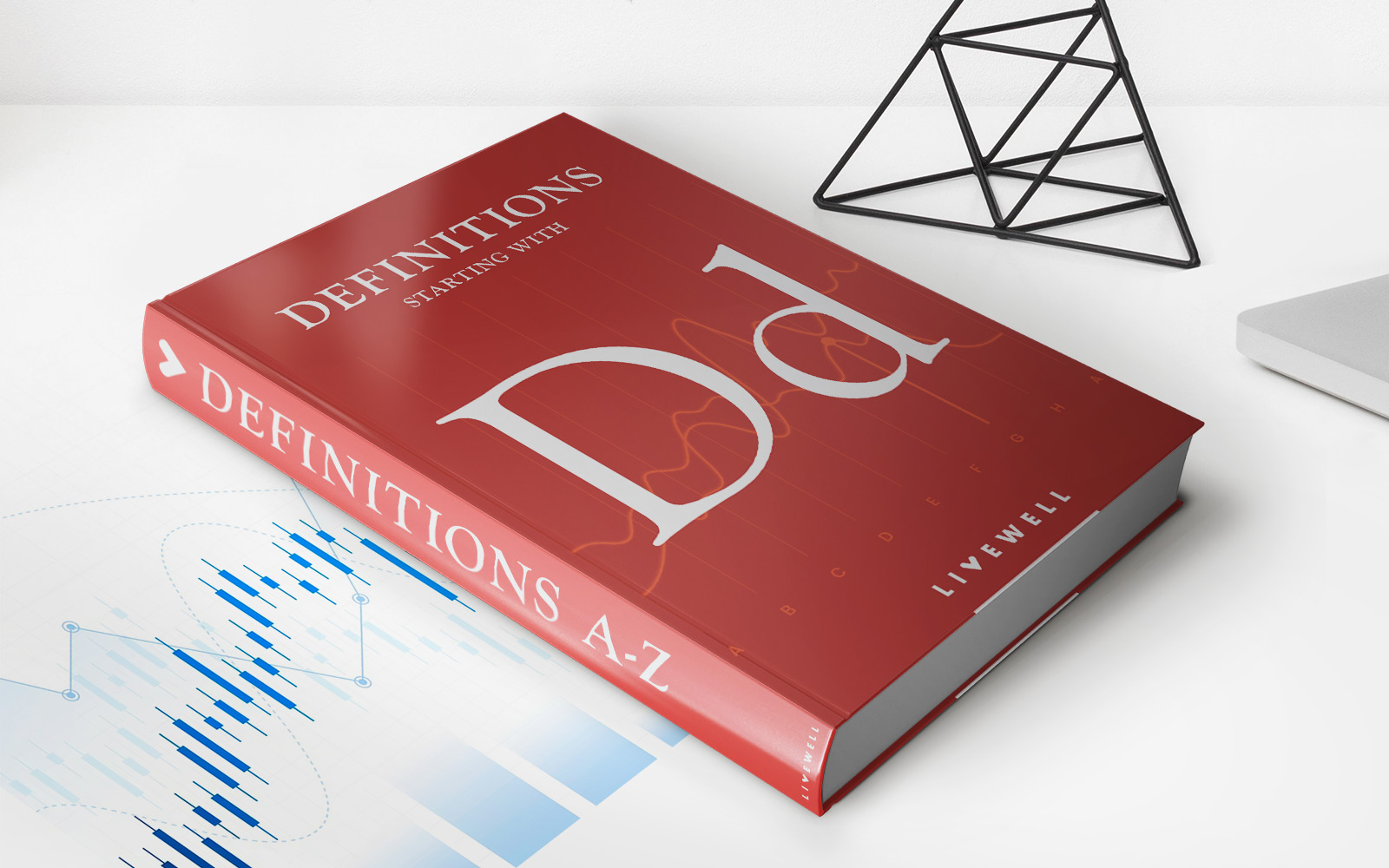Home>Finance>How Many Payday Loans Can You Have In Illinois?


Finance
How Many Payday Loans Can You Have In Illinois?
Published: February 17, 2024
Learn about the maximum number of payday loans allowed in Illinois and manage your finances wisely. Get expert advice on payday loan regulations and financial planning.
(Many of the links in this article redirect to a specific reviewed product. Your purchase of these products through affiliate links helps to generate commission for LiveWell, at no extra cost. Learn more)
Table of Contents
**
Introduction
**
In today's fast-paced world, unexpected financial challenges can arise when we least expect them. When faced with urgent expenses, individuals often seek quick and accessible financial solutions. In Illinois, like many other states, payday loans have emerged as a popular option for addressing immediate financial needs. However, it's essential to understand the regulations and limitations surrounding payday loans in Illinois to make informed decisions.
Payday loans, also known as cash advances or paycheck advances, are short-term, high-interest loans designed to provide individuals with immediate cash. These loans are typically sought by individuals who are unable to access traditional forms of credit due to poor credit scores or other financial constraints. While payday loans can offer a temporary solution, it's crucial to be aware of the regulations that govern these loans in Illinois to avoid potential pitfalls.
In this comprehensive guide, we will delve into the intricacies of payday loans in Illinois, shedding light on the regulations, limitations, and alternatives available to borrowers. By gaining a deeper understanding of the payday loan landscape in Illinois, individuals can make informed decisions regarding their financial well-being and explore alternative avenues for managing unexpected expenses. Let's embark on this enlightening journey to unravel the world of payday loans in Illinois and empower ourselves with the knowledge needed to navigate financial challenges effectively.
Understanding Payday Loans in Illinois
Before delving into the specifics of payday loan regulations in Illinois, it’s essential to grasp the fundamental workings of these financial products. Payday loans are designed to provide individuals with immediate access to cash, typically in small amounts, to address pressing financial needs. In Illinois, individuals can secure payday loans from storefront lenders, online lenders, or through mobile applications, offering convenience and accessibility.
One of the defining characteristics of payday loans is their short-term nature. Borrowers are expected to repay the loan, along with a fee, by their next payday. This brief repayment period distinguishes payday loans from traditional installment loans, which are repaid over an extended duration. Additionally, payday loans in Illinois often come with high fees and annual percentage rates (APRs), making them a costly form of borrowing.
It’s important to note that payday loans are typically unsecured, meaning they do not require collateral. Instead, lenders assess borrowers based on their income and employment status. This aspect makes payday loans particularly attractive to individuals who may not have valuable assets to offer as collateral or have limited credit history.
While payday loans can provide immediate relief in times of financial strain, their high costs and short repayment terms warrant careful consideration. Understanding the implications of payday loans is crucial for making informed financial decisions and avoiding potential debt traps. By familiarizing ourselves with the intricacies of payday loans in Illinois, we can navigate the borrowing landscape with greater awareness and prudence.
Payday Loan Regulations in Illinois
Illinois imposes stringent regulations to govern the payday loan industry, aiming to protect consumers from predatory lending practices and exorbitant fees. The Illinois Department of Financial and Professional Regulation (IDFPR) oversees the payday loan industry, ensuring that lenders comply with the state’s laws and regulations.
One of the key regulations in Illinois is the cap on the amount that individuals can borrow through payday loans. Currently, borrowers in Illinois can obtain payday loans with a maximum principal amount of $1,000 or 25% of their gross monthly income, whichever is less. This limitation aims to prevent borrowers from taking on more debt than they can reasonably repay, promoting responsible lending practices.
Additionally, Illinois law mandates a cooling-off period after a borrower has obtained a payday loan for 45 consecutive days. During this period, borrowers are prohibited from taking out another payday loan, offering a safeguard against recurring borrowing and potential debt escalation.
Lenders in Illinois are also required to provide borrowers with clear and transparent information regarding the terms of the loan, including the finance charges and APR. This transparency empowers borrowers to make informed decisions and understand the full cost of borrowing, fostering a more equitable lending environment.
Furthermore, Illinois law prohibits the use of rollovers or renewals for payday loans. This restriction prevents lenders from extending the loan term by charging additional fees, safeguarding borrowers from falling into cycles of debt and perpetual borrowing.
By implementing these regulations, Illinois seeks to protect consumers from exploitative lending practices while ensuring that individuals have access to short-term credit options when needed. Understanding these regulations is instrumental in navigating the payday loan landscape in Illinois and making sound financial choices.
Maximum Number of Payday Loans in Illinois
In Illinois, regulations are in place to limit the number of payday loans an individual can obtain, aiming to prevent borrowers from becoming trapped in a cycle of debt. The state’s regulations set clear boundaries to safeguard consumers and promote responsible lending practices.
As per Illinois law, an individual can have a maximum of two payday loans at a time. However, the total combined principal amount of the loans must not exceed the lesser of $1,000 or 25% of the borrower’s gross monthly income. This restriction is designed to prevent borrowers from taking on excessive debt relative to their income, mitigating the risk of financial strain and default.
Moreover, Illinois mandates a mandatory cooling-off period after a borrower has obtained a payday loan for 45 consecutive days. During this period, individuals are prohibited from taking out another payday loan, providing a buffer to prevent successive borrowing and potential debt escalation. This cooling-off period serves as a protective measure, allowing borrowers time to reassess their financial situation and explore alternative solutions before considering additional payday loans.
By limiting the number of payday loans an individual can have and enforcing a cooling-off period, Illinois endeavors to promote responsible borrowing practices and protect consumers from the adverse effects of excessive debt. Understanding these limitations is crucial for borrowers to make informed decisions and avoid falling into cycles of debt and financial instability.
Alternatives to Payday Loans in Illinois
While payday loans may offer a quick fix for immediate financial needs, exploring alternative options can provide individuals with more sustainable and affordable solutions in Illinois. Understanding these alternatives is essential for making well-informed decisions and avoiding the high costs associated with payday loans.
1. Credit Union Loans: Many credit unions in Illinois offer small-dollar loans with more favorable terms than traditional payday loans. These loans often come with lower interest rates and longer repayment periods, providing a more affordable borrowing option for individuals in need of short-term funds.
2. Personal Installment Loans: Individuals can consider seeking personal installment loans from reputable financial institutions. These loans typically offer higher principal amounts than payday loans and are repaid over a longer duration, reducing the financial burden on borrowers.
3. Negotiating with Creditors: When faced with financial difficulties, individuals can explore the option of negotiating with their creditors to arrange manageable repayment plans. Many creditors are willing to work with borrowers to establish realistic repayment schedules, offering an alternative to taking on additional debt through payday loans.
4. Financial Assistance Programs: Various government and non-profit organizations in Illinois provide financial assistance programs to support individuals in need. These programs may offer emergency grants, utility assistance, or other forms of aid to alleviate financial hardships without resorting to high-cost borrowing.
5. Credit Counseling Services: Seeking guidance from accredited credit counseling agencies can help individuals manage their finances more effectively. These services offer personalized financial advice, debt management plans, and budgeting assistance, empowering individuals to address their financial challenges without relying on payday loans.
By exploring these alternatives, individuals in Illinois can access more sustainable and affordable avenues to address their financial needs, reducing their reliance on high-cost payday loans and promoting long-term financial stability.
Conclusion
As we conclude our exploration of payday loans in Illinois, it’s evident that these financial products, while providing immediate relief, come with significant costs and regulatory considerations. Understanding the regulations governing payday loans in Illinois is crucial for borrowers to make informed decisions and avoid potential debt traps.
Illinois has implemented stringent regulations to protect consumers from predatory lending practices, including caps on loan amounts, mandatory cooling-off periods, and transparent disclosure requirements. These regulations aim to promote responsible borrowing and prevent individuals from falling into cycles of debt and financial instability.
Furthermore, the limitations on the maximum number of payday loans an individual can obtain, coupled with the availability of alternative financial solutions, offer borrowers the opportunity to explore more sustainable avenues for addressing their immediate financial needs. By considering options such as credit union loans, personal installment loans, creditor negotiations, financial assistance programs, and credit counseling services, individuals in Illinois can navigate their financial challenges with greater prudence and long-term financial well-being in mind.
Empowering oneself with knowledge about payday loan regulations and alternatives is instrumental in making sound financial decisions and avoiding the pitfalls of high-cost borrowing. By embracing these insights, individuals can approach their financial needs with confidence, resilience, and a commitment to securing their financial future.














